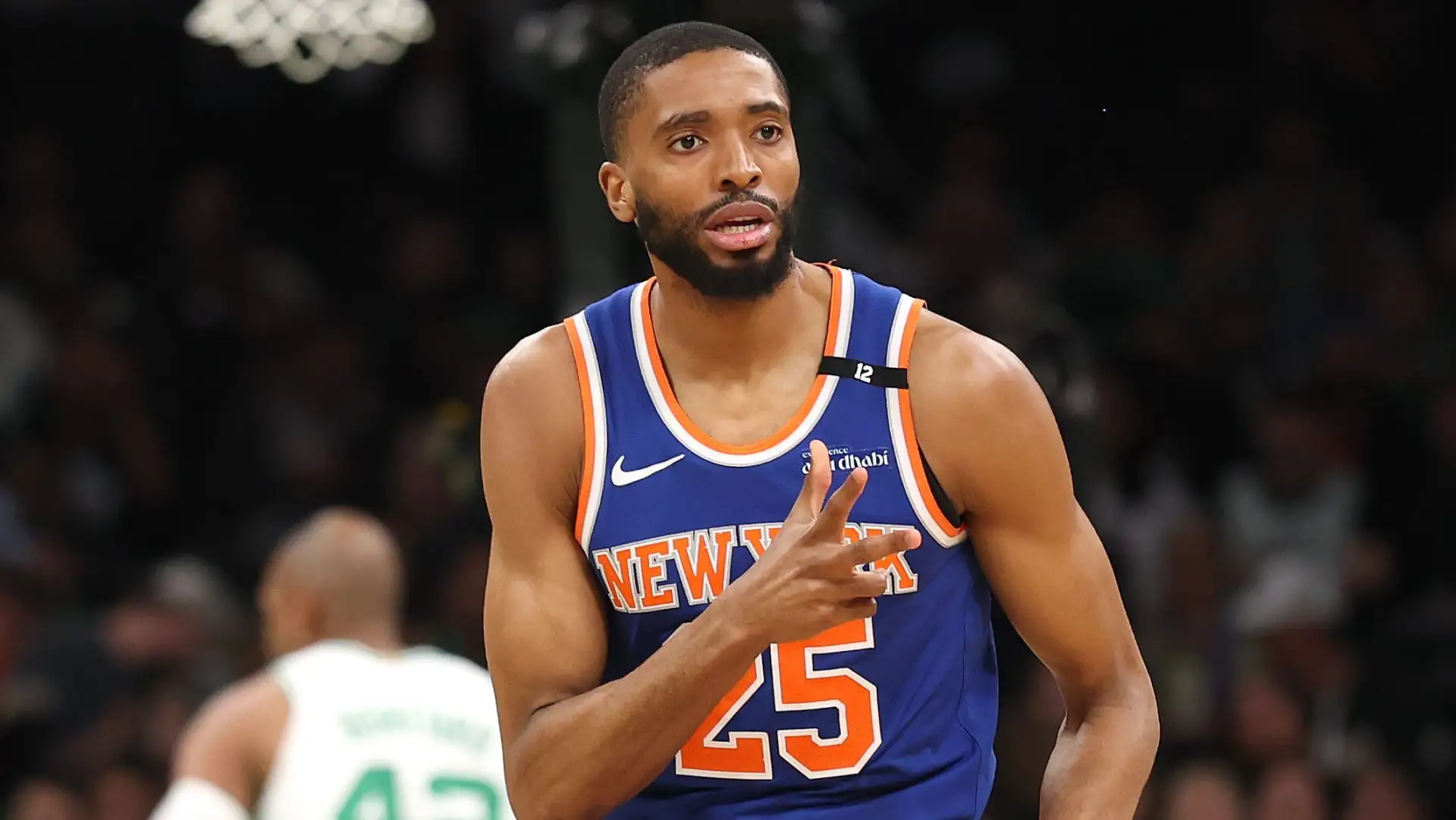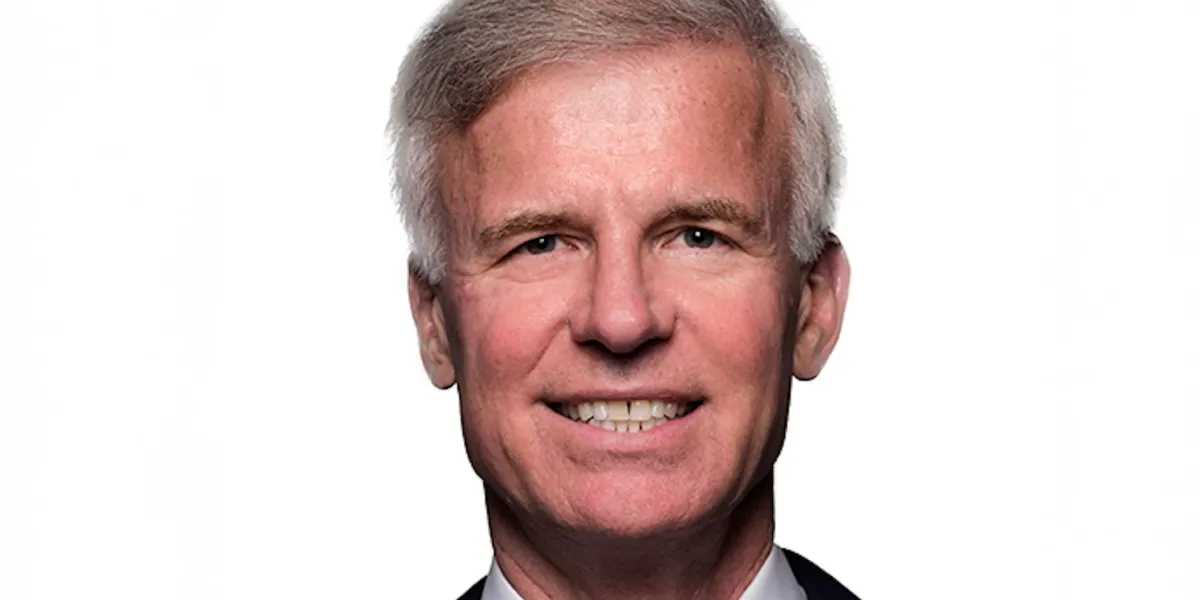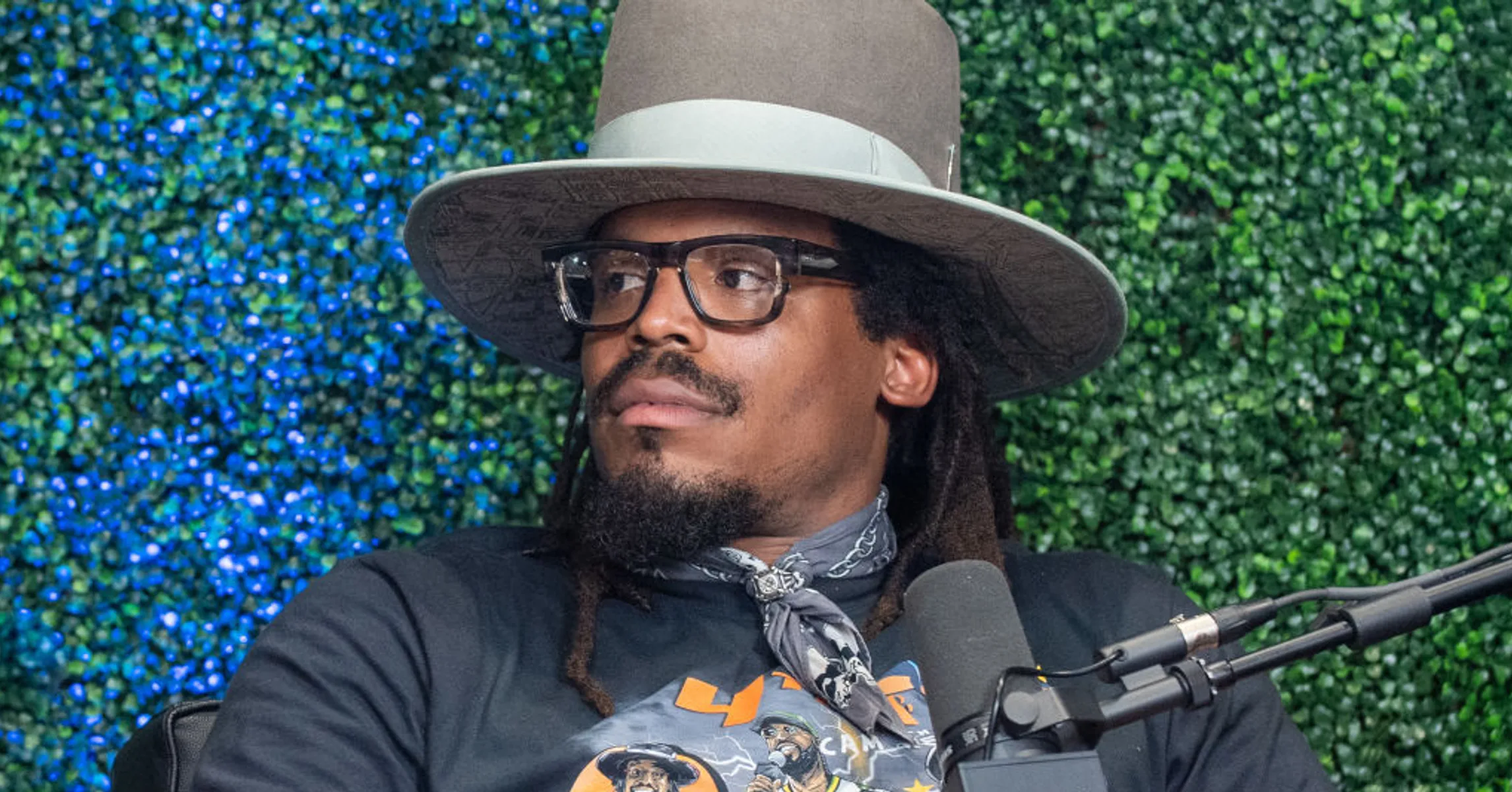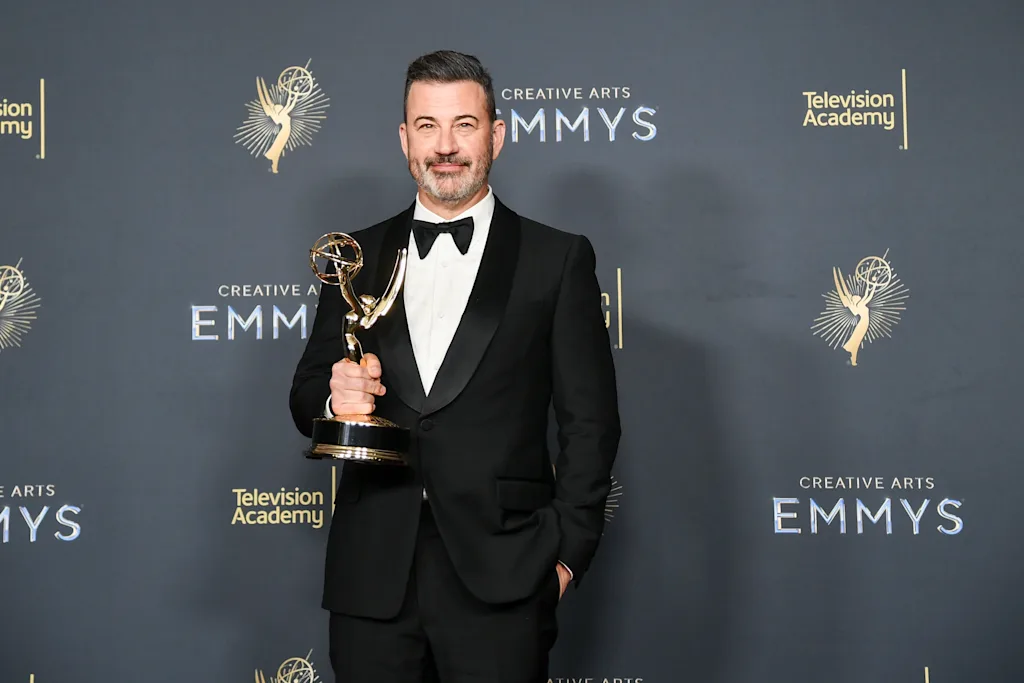
Mikal Bridges turned heads when he signed for less than his max number this summer, reaffirming his commitment to the New York Knicks after a blockbuster trade that cost the franchise five first-round draft picks.
Bridges cemented that commitment in July by agreeing to a four-year, $150 million extension that includes a player option for the 2029-30 season and a trade kicker. By leaving $6 million on the table, Bridges gave the Knicks valuable flexibility to maneuver around the second salary cap apron.
“If I came here and preached how much I want to win, and tried to take every dollar and make it difficult for the organization, I’d just seem like a fraud, and that’s not who I am,” Bridges said during media day. “I want to win bad, and whatever it takes. … A couple more M’s won’t change my life, so it would be better to help everybody else out.”
Knicks’ Gamble Looks Justified
The Knicks stunned the league last year by parting with five first-round selections to acquire Bridges from the Brooklyn Nets. Rival executives and league observers questioned whether the price was too steep for a player outside of the All-NBA conversation.
A year later, with Bridges committed long-term on a slightly discounted contract and fully embracing the Knicks’ culture, the gamble appears justified. The forward’s fit has helped transform New York into a legitimate contender after reaching the Eastern Conference Finals for the first time in 25 years.
Following Brunson’s Lead
Bridges’ decision mirrors the team-friendly approach set by Jalen Brunson. Last year, Brunson signed a four-year, $156.5 million contract — $113 million less than he could have earned this offseason. That choice allowed the Knicks to maintain roster flexibility, a theme Bridges has now continued.
“Why wouldn’t I want the next man up, who needs some money?” Bridges said. “Why would I not give them the opportunity to get paid as well?”
Fuel From Knicks’ Playoff Shortcomings
The Knicks’ run ended with a loss to the lower-seeded Indiana Pacers in the Eastern Conference Finals, falling two wins shy of the NBA Finals. For Bridges, the sting of that defeat has become fuel.
“You can be grateful that you made it that far, but our expectations were different,” he said. “We weren’t satisfied at all. But you use that for motivation. You just control what you can, take it day by day, and worry about the now.”
Built for the Future
The decision was an easy one for Bridges, who has fallen in love with the Knicks’ culture, fanbase and front office.
“Love it here,” he said. “A lot of fans, love the culture. Love the staff, the front office, everything, teammates. That’s probably the biggest thing, honestly,” he said.
With Mike Brown replacing Tom Thibodeau, New York will shift to a faster-paced system emphasizing ball movement and spacing. Bridges believes the approach will benefit the roster.
“Everybody’s just hooping,” he said. “We’ve got to try to make the right read of the game and gotta win games.”
The Knicks’ bold gamble on Bridges is beginning to look like a cornerstone move — one that balances star power, culture and financial flexibility as they chase their first NBA Finals berth in nearly three decades.



